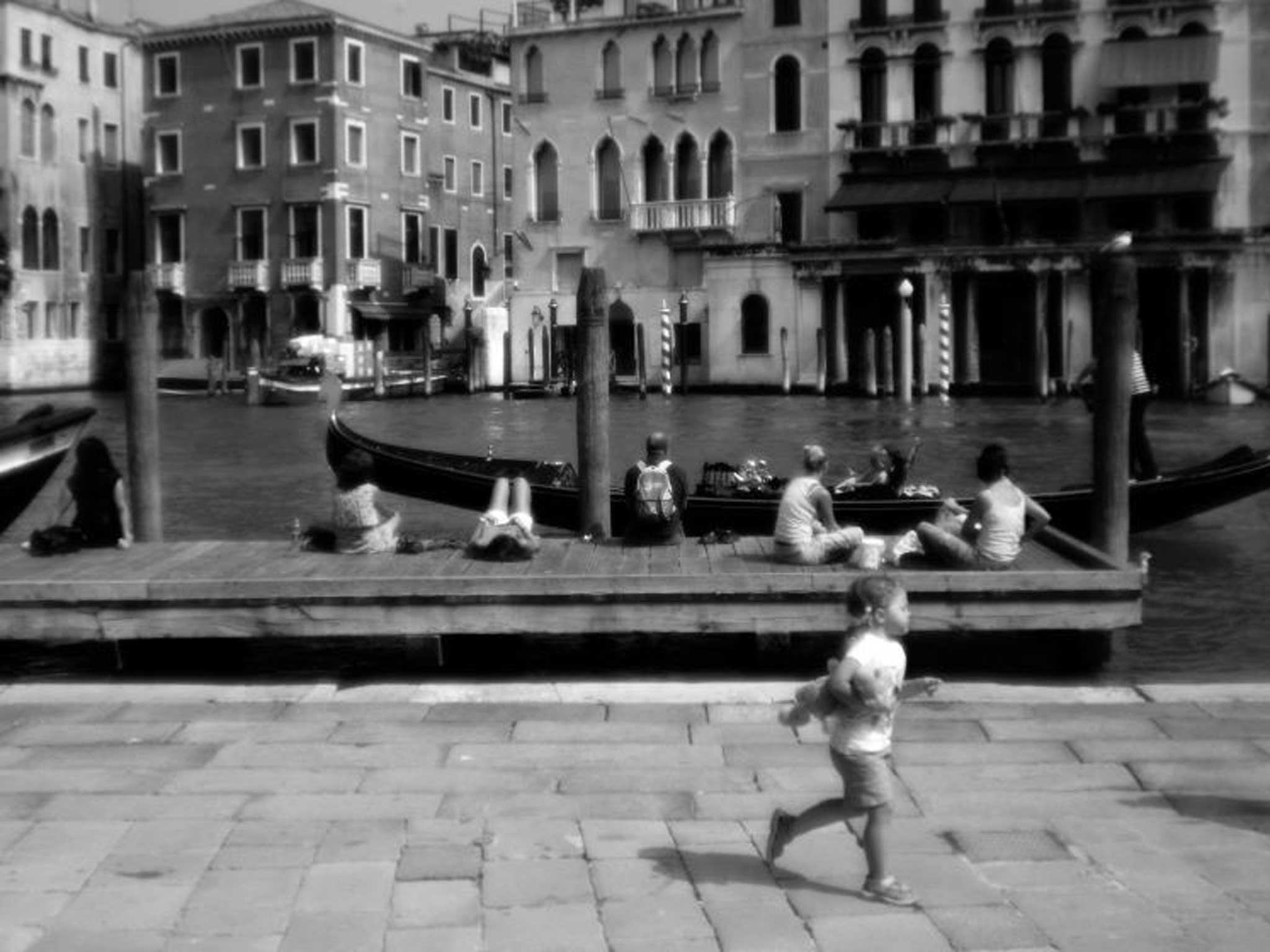From the Grand Canal to Juliet's balcony, a 'Yes' from Veneto to cutting ties with Rome can blaze a trial for Scotland

There has been much water under the Bridge of Sighs since Napoleon Bonaparte marched into Venice ending 1,100 years of independence in the city state.
But tomorrow, more than two centuries after Napoleon barged in, and almost 150 years after Venice finally became part of Italy, the five million citizens of the lagoon and Veneto region could again cut ties with Rome.
Egged on by independence campaigners in Scotland and Catalonia, a majority "Yes" vote could set in train events that see the evocative city once again become the capital of an independent sovereign state.
The referendum, which closes next Saturday, is not recognised by Rome or the regional authorities, but its proponents say a positive outcome could create a head of steam that would make independence inevitable.
Northern League politicians promoting the creation of a new Republic of Veneto say they have history on their side. The Venetian Republic was, they note, one of the most important and enduring states in European history, lasting from the late seventh century until 1797, when Bonaparte deposed the last doge.
The independent trading power fostered artists including Giorgione, Bellini and Titian.
Activists say 65 per cent of voters in the Veneto, including in historic Treviso, Vicenza and Verona, are in favour of independence. They cite dissatisfaction among the richer northern cities with Rome's perceived inefficiency and with tax revenue being diverted to the poorer south.
The populist Northern League – together with much of the region's electorate – sees the capital and the rest of the country as a drain on the local economy. The party's leader in Veneto, Federico Caner, cites official figures that suggest this wealthy and industrialised region pays €20bn more in taxes to Rome than it receives in investment and services.
"We have our own identity, history and culture," he said. "Before Italy was a nation, Venice was the world's first democratic republic that had endured for 1,000 years."
Not every one is in favour of independence. "It is anachronistic to think of a Europe made out of regions when we should strive for a Europe of stronger nations," said Pietro Piccinetti, president of the Committee for the "No" vote. "We want to change, but within a stronger Italy."
Voters will also be asked if an independent Venice should join the EU and Nato, and retain the euro. And therein lies one of the problems with the succession plan, says Fabrizio Marrella, a Veneto-born professor of international law at the Ca' Foscari University, perched on the banks of Venice's Grand Canal.
He thinks Italy's constitution would make secession for Veneto much more arduous than for Scotland or Catalonia. "If it were to become independent, Veneto would leave the EU and then have to re-apply for EU membership. This would spell disaster for Veneto's economy," he said.
The Italian establishment appears to be ignoring uppity Venetians' independent ambition. National newspapers and television channels have ignored the Veneto poll. However, even those who do not favour independence say that the Venetian referendum is an important political message that Rome must heed, sooner or later.
Subscribe to Independent Premium to bookmark this article
Want to bookmark your favourite articles and stories to read or reference later? Start your Independent Premium subscription today.

Join our commenting forum
Join thought-provoking conversations, follow other Independent readers and see their replies